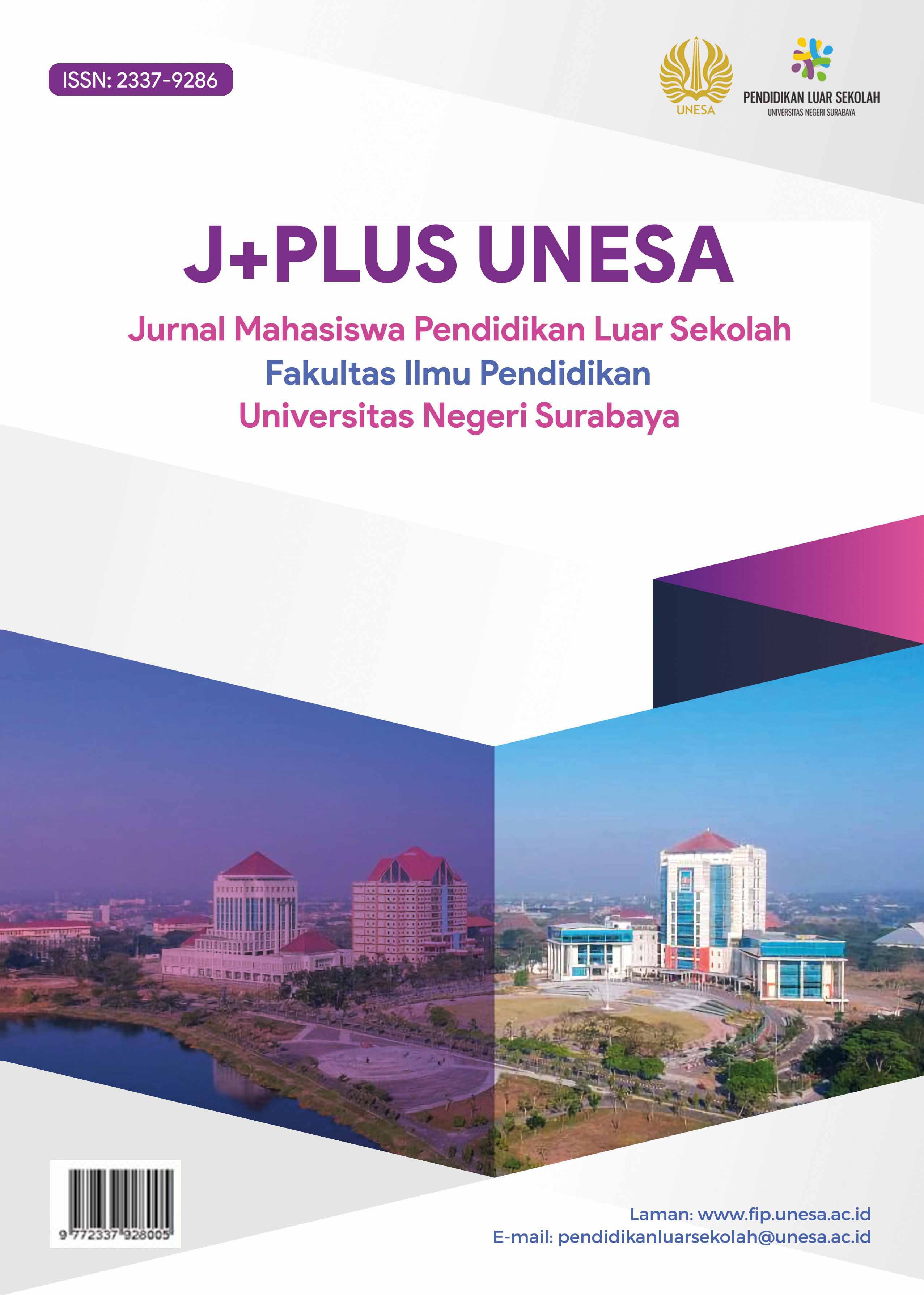Array
Abstract
This research examines the application of Islamic parenting patterns in building the character of early childhood using a qualitative descriptive phenomenological approach. Research subjects included managers, educators and parents of students at KB-RA Sabilul Qur'an. Data collection techniques include participant observation, in-depth interviews, and documentation. Data analysis is carried out through condensation, reduction, presentation and drawing conclusions, with the validity of the data guaranteed through credibility, dependability, confirmability and transferability. Source triangulation and member checking techniques were used to ensure the credibility of the data. The research results show that Islamic parenting is effective in cultivating religious character, discipline and independence in early childhood. The success of its implementation is supported by parents' understanding and belief in religious teachings and a supportive surrounding environment. However, modernization and lack of communication between parents and educators are inhibiting factors. This research provides important insights regarding the application of Islamic parenting patterns in character formation in early childhood as well as the challenges that need to be overcome to achieve optimal results.
Downloads
Downloads
Published
How to Cite
Issue
Section
 Abstract views: 89
,
Abstract views: 89
, PDF Downloads: 51
PDF Downloads: 51








